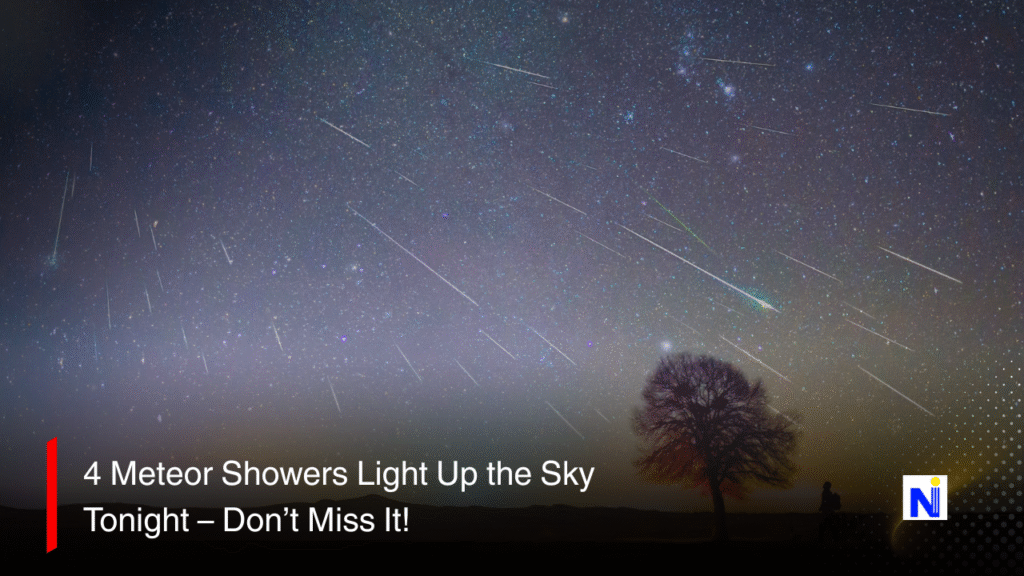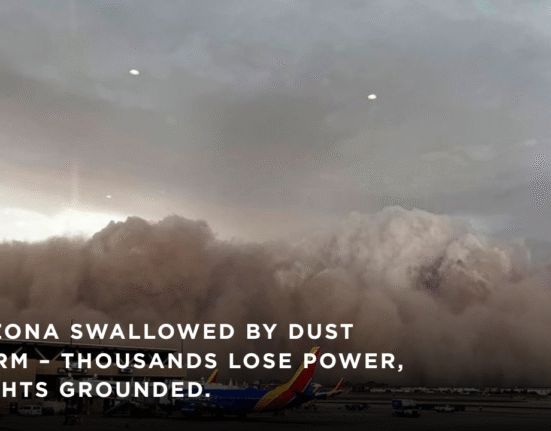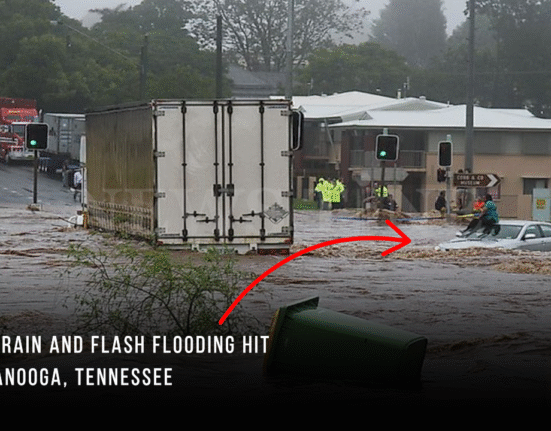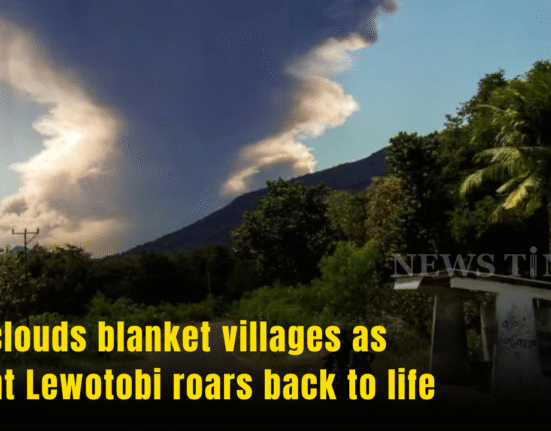
Stargazing Magic: Why Tonight Could Be the Best Show of the Year
There’s something deeply humbling about staring up at the night sky, especially when it’s alive with streaks of light. Whether you’re a seasoned stargazer or just someone who needs a break from doom-scrolling, tonight’s the night to look up. Thanks to a rare convergence of meteor showers, you have the best chance all summer to witness a truly spectacular display of shooting stars.
So grab your blanket, get out of the city, and prepare to catch a sky full of wonders. Here’s everything you need to know about the night when four meteor showers collide.
What Are Meteor Showers and Why Are They So Special?
Meteor showers happen when Earth passes through the debris trails left behind by comets. These tiny particles, no larger than a grain of sand, burn up in our atmosphere and produce dazzling streaks of light. Some are faint, others burst across the sky in a fiery arc. And sometimes, if you’re lucky, you’ll catch a fireball — an exceptionally bright meteor that can leave a glowing trail for several seconds.
Tonight is one of those lucky nights.
What’s Happening Tonight? A Rare Collision of Four Meteor Showers
1. Piscis Austrinids (Peak: Early July 28)
- Meteors per hour: ~5
- Known for: Quick, faint streaks.
2. Southern delta Aquariids (Peak: July 29)
- Meteors per hour: ~25
- Known for: Numerous but subtle meteors.
3. Alpha Capricornids (Peak: July 29)
- Meteors per hour: ~5
- Known for: Bright, slow-moving fireballs.
4. The Early Rise of the Perseids
- Official peak: Aug. 12-13
- But: View now to avoid full moon glare on peak night.
✨ Best Time to Watch:
- Around 3:00 a.m. local time (all North American time zones)
- Look low in the southern sky toward constellations Pisces, Aquarius, and Capricorn.
“This is your best chance to see the Perseids this year,” says Jamie Carter, veteran space journalist. “The full moon will ruin the peak, but the skies tonight are dark and favorable.”
Why the Moon Matters: The Best Time to Beat the Brightness
One of the biggest obstacles to a great meteor shower is the moon. A full or nearly-full moon can wash out the night sky and make fainter meteors invisible. That’s why July 28 and 29 are ideal: a crescent moon offers minimal interference.
In contrast, when the Perseids peak on August 12-13, the bright full Sturgeon Moon will rise just as the show begins, significantly diminishing visibility.
🔢 Pro Tip:
If you’re planning to watch the Perseids, your best bet in 2025 is:
- Now through August 1 (before the moon gets brighter)
- Or August 15 onwards (after the moon starts waning)
Where to Watch: Location, Location, Location
For the best view of tonight’s meteor showers:
- 🌬 Get as far away from city lights as possible
- 📆 Choose a night with clear skies (check your local weather)
- 🌌 Find a spot with a wide, unobstructed view of the southern sky
- 🌫 Consider visiting a Dark Sky Park if one is nearby
“A sleeping bag, some snacks, and patience are all you really need,” says NASA astronomer Dr. Kelly Fast. “Let your eyes adjust to the dark for at least 30 minutes.”
What to Pack for the Ultimate Meteor-Watching Night
- 🧶 Blanket or sleeping bag
- 🌧 Warm clothes and layers
- 🧪 Bug spray
- 🥛 Snacks and water
- 🎥 Optional: Star-gazing app or binoculars
- ⚡ Avoid: Smartphone usage (use red light mode if necessary)
The Next Big Show: Orionid Meteor Shower in October
Mark your calendars for the next can’t-miss celestial event:
✨ Orionids Meteor Shower
- Peak: Night of October 22-23
- Activity Period: October 2 to November 12
- Origin: Debris from Halley’s Comet
- Visibility: 10-20 meteors per hour under dark skies
This time, luck is on our side. The new moon falls just before the peak, meaning perfectly dark skies for maximum visibility.
Don’t Miss This Celestial Party
Meteor showers are one of the simplest, most awe-inspiring natural events we can enjoy with zero equipment and zero cost. Tonight, the universe is offering a rare, overlapping display. If skies are clear where you live, take the time to look up. You won’t regret it.
Whether you see one streak or a whole cascade of cosmic glitter, it’s a reminder that sometimes the most magical experiences are completely free.
Have you ever seen a meteor shower? Share your story in the comments!






